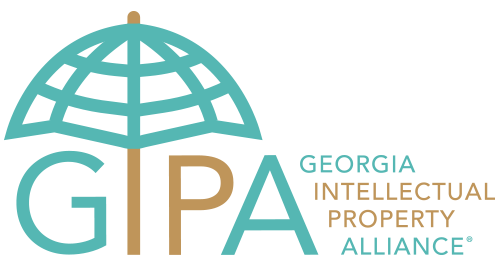Sports IP Corner: Name, Image and Likeness (October 2021 Update)
by Perry Binder
Effective July 1, 2021, the state of Georgia passed legislation stating that student-athletes “in intercollegiate athletic programs at postsecondary educational institutions may receive compensation for the use of the student athlete's name, image, or likeness [NIL].” These individuals may make money while playing college sports with certain limitations, such as not entering into deals “in conflict with the student athlete's team contract.”
Students at the University of Georgia and Georgia Tech have already been given guidelines on certain activities and offered educational opportunities for players seeking to monetize their NIL. Similarly, at Georgia State University, Athletic Director Charlie Cobb told me that the university supports student-athletes who wish to monetize their intellectual property: “Our compliance efforts will focus on State of Georgia law and NCAA rules. We look forward to partnering with our student-athletes in maximizing their Georgia State Experience.”
Gary McKillips, an Atlanta-based sports broadcaster and podcaster, noted that "for years, athletes lived under such strict and archaic NCAA rules that even receiving a cup of coffee from a fan or booster could result in severe penalties. Finally, the rules were adjusted somewhat so as not to discriminate against an athlete who, unlike other students, could not even work part time due to his/her commitments to their sport. Now the door is wide open and rightly so."
Players are permitted under the law to hire an agent and so far the range of negotiated deals vary nationwide. For example, Alabama’s sophomore quarterback Bryce Young already has nearly $1 million in likeness deals. In addition, several college quarterbacks are “selling T-shirts ($35) with illustrations of themselves through renown private quarterbacks coach Quincy Avery and his QB Takeover brand.”
Currently, there are 13 states with NIL laws which went into effect in July, with several more passing laws going into effect in 2022 and 2023. For the states without an NIL law in 2021, the NCAA Board of Governors approved an interim NIL policy that allows college athletes to earn compensation from use of their NIL and to engage with companies and agents that manage NIL activities. However, athletes are required to report any NIL activities to their respective schools, which are in turn required to ensure compliance with any applicable state laws. College athletes in states without NIL laws are generally free to engage in NIL activities without violating NCAA rules. However, the NCAA has kept in place prohibitions on pay-for-play arrangements and restrictions on NIL compensation related to recruiting.
The state laws are contingent upon whether Congress passes a federal law with one set of guidelines for all colleges. McKillips added: "Now that the NCAA is slowly being pushed out of the picture, maybe the colleges will form a new coalition that actually does something for the betterment of the sport and the student-athletes. NIL is a good start." This is all uncharted waters for colleges and student-athletes. For example, I posed a hypothetical recently at a conference session for sports law professors:
Can a university sell jerseys with a current player’s number and deny that player compensation if requested? The jersey does not have the athlete’s name, image, or likeness, though the student is the team’s star quarterback, and people associate that number with him or her.
In 2011, NCAA President Mark Emmert weighed in on this subject in an article entitled NCAA President: No Pay For Players on Jersey Sales. Ten years later, is the answer so clear cut? Stay tuned for the next NIL Update and the feedback I received on that hypothetical.
**Perry Binder is a legal studies professor at GSU’s Robinson College of Business, and is a GIPA EAS IP committee member.

